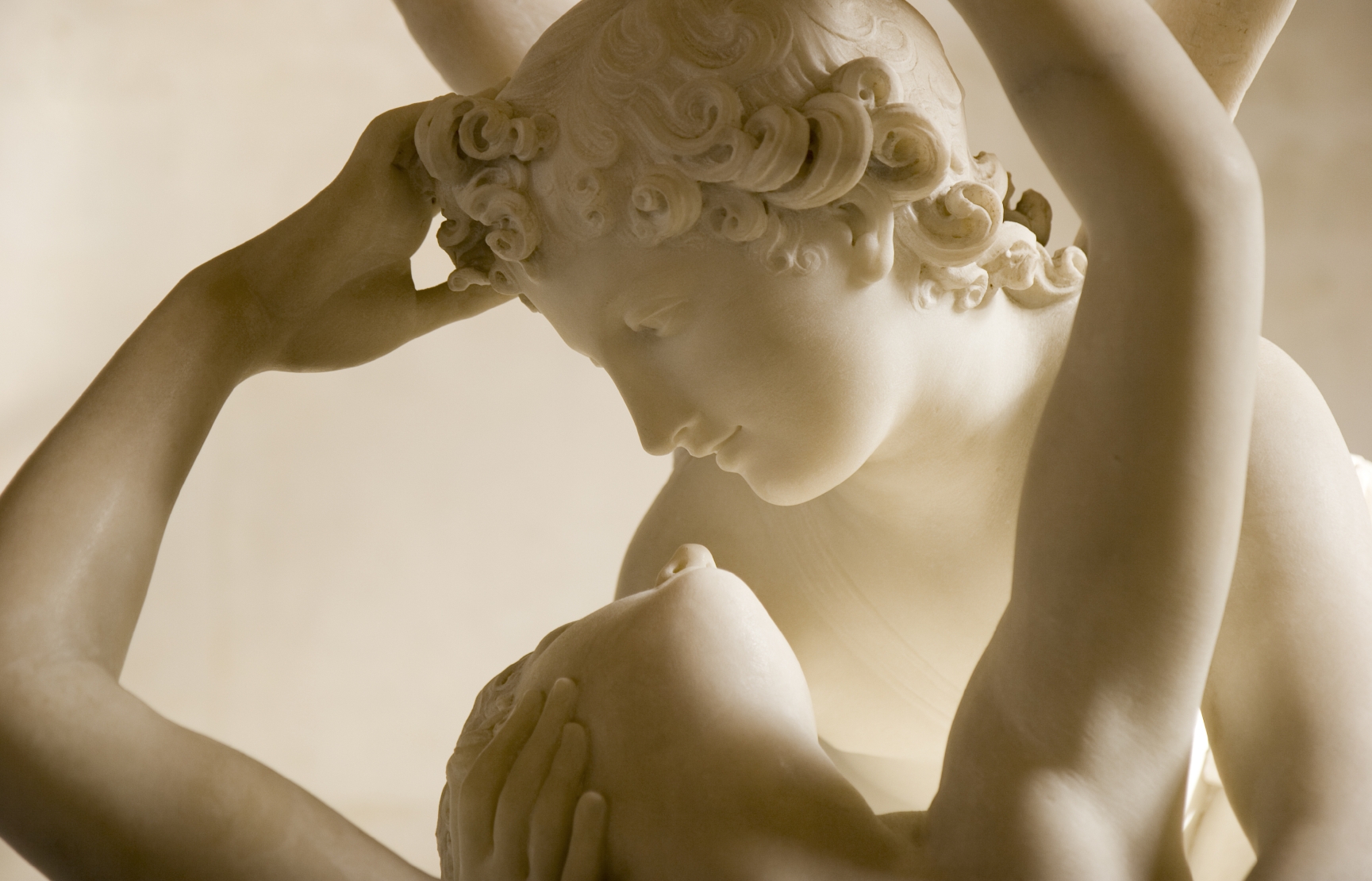
February 13, 2012, by Stephen Mumford
Centre for Public Understanding of the Arts
It is wonderful to see the sciences starting to flourish again. Suddenly they are on the government’s agenda and universities are expected to play a role in producing well-trained graduates in the sciences. It is not too long ago that I remember courses such as chemistry struggling to recruit.
But while I am happy to see such subjects flourish, I am a little concerned that pro-science should not be taken to mean anti-arts. In some cases, it has seemed to mean that. On the BBC Radio 4 Today programme I have heard MPs question what the point is of the arts. Why study a subject such as classics or history? What value does that add to society? I heard such voices stretching back into the Blair years and wonder whether the Impact element of the forthcoming Research Excellence Framework is in part an attempt to answer those questions.
If we have to do it, I think we should be prepared to defend the arts as a vital part of an educated, enlightened and civilised society. But we can also make the case that the skills delivered by an arts degree are desirable and useful to society. We produce thoughtful, creative, adaptable, critical graduates, able to see things in new ways and solve problems.
Wider than that, however, the case for the arts needs to be made more generally. The attitudes I have heard from some quarters have been alarming and ignorant. Such ignorance can also be used in a populist way in times of austerity. Why bother spending scarce money on arts when the sciences will get us out of a mess? A defence of the arts is needed in such times. I have heard of various centres for the public understanding of science but no such centre for the arts. Shouldn’t we have one? Wikipedia has an entry for public understanding of science but none for public understanding of arts.
The case can be made on two fronts. We need to argue for the intrinsic value of the arts. They give us what we truly value in this world not because of their practical uses but because of what they are. Visitors have flocked to the University of Nottingham Lowry exhibition, for instance, not because it will make them richer in financial terms but because of the sheer pleasure of seeing great art. But we can at the same time, and without contradiction, argue the case for the extrinsic value of the arts. If the arts make us better human beings then that can only enhance the society that we make. Certainly our world might not function if everyone painted pictures all of the time, but it is made infinitely better by those few who do. And the ideal situation might be if all of us indulge in the arts at least some of the time.

I love that statue. And yes, to the blog post. I think that being able to pick out meanings visually, for example, is as essential as is logic to being able to reason well.